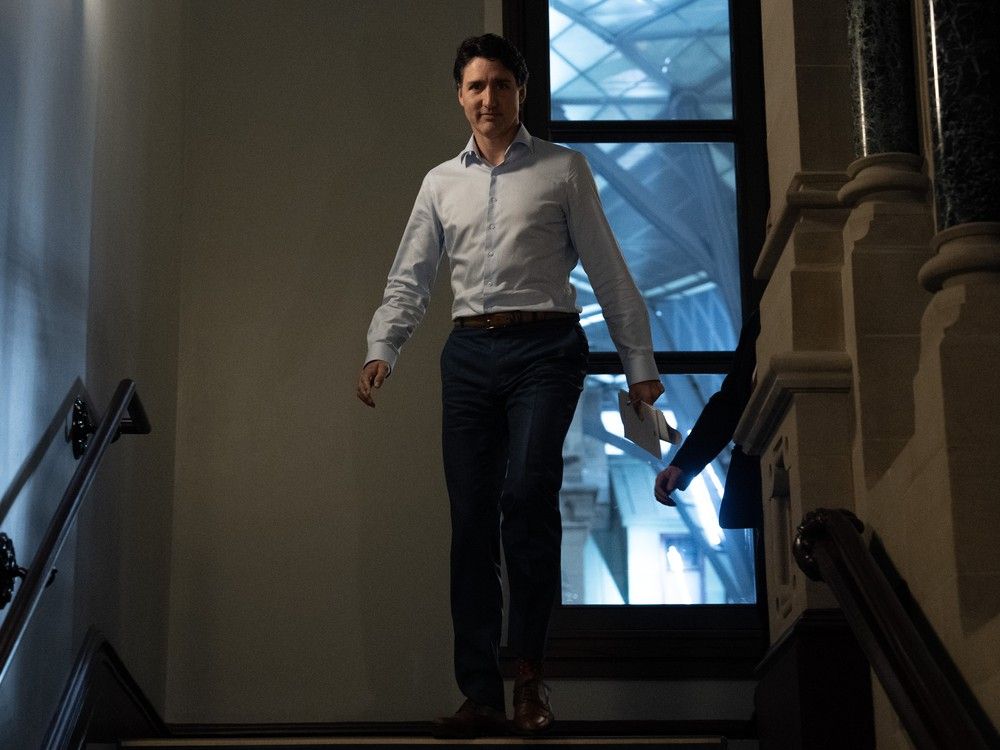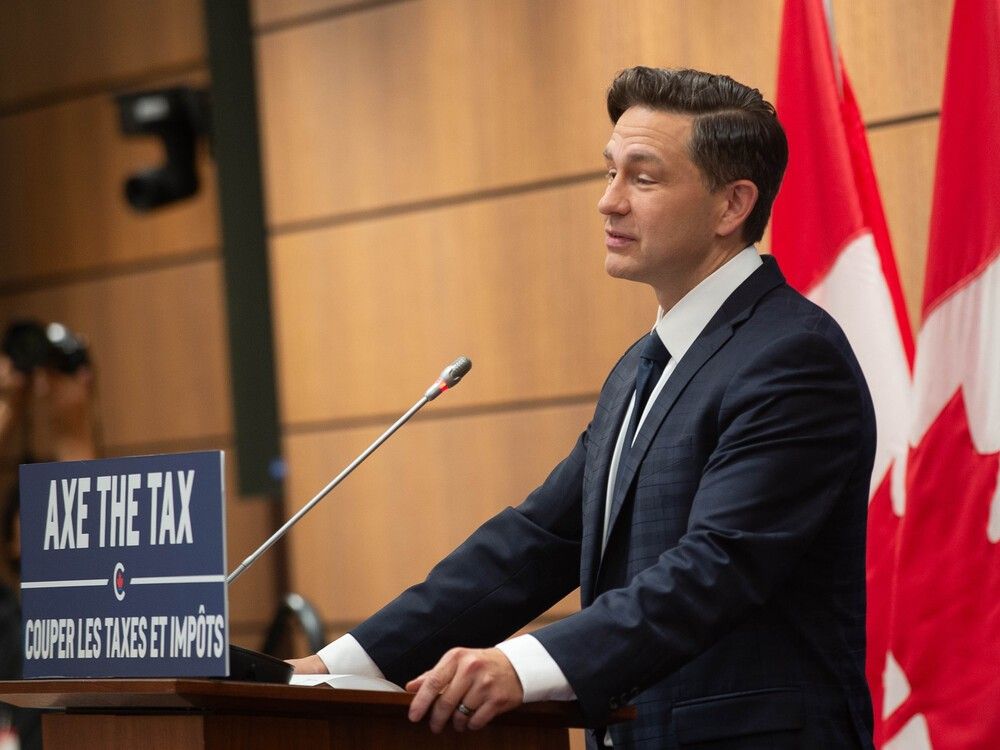Trudeau cries wolf on foreign interference
The Editorial Board- Globe & Mail 24 Oct 24
For many months, the Trudeau government has invoked the phrase “national security,” waving it like an amulet to ward off urgent questions about foreign interference in Canadian politics.
The Liberals have tried to portray this stance as a defence of Canada’s intelligence-gathering capacity – sources and methods must be protected, as if the only option for disclosure was to disgorge every detail of every state secret.
In reality, it is a defence of the Liberals’ partisan interests. The government has kept sensitive information from public view when doing so would harm those interests. And it has disclosed sensitive information when helpful to its interests. The needs of the Trudeau government, not Canada’s security, have been the guiding principle, if it can be called that.
That pattern began in February, 2023, when The Globe and Mail reported that China had interfered in two federal elections. The government stonewalled for weeks and then, faced with growing cries for a public inquiry, appointed former governor-general David Johnston as special rapporteur.
The deficiencies in Mr. Johnston’s effort were obvious at the time. With hindsight, it was nothing less than an attempt to smother the controversy over Beijing’s actions by invoking the need for secrecy.
The Liberals resisted calls for a public inquiry through most of the summer. After conceding to the inevitability of an inquiry, the government promised that Justice Marie-Josée Hogue would be given “full access to all relevant cabinet documents as well as all other information she deems relevant for the purposes of her inquiry.” But the inquiry has had to repeatedly wrestle with the government over disclosure.
The Trudeau government has also insisted the public cannot know the names of parliamentarians that have wittingly or unwittingly colluded with foreign governments, a bombshell dropped in a heavily redacted June report from the National Security and Intelligence Committee of Parliamentarians. (The Prime Minister’s Office made those redactions; the call was Mr. Trudeau’s to make.)
Any identification of those parliamentarians could compromise national security, the government claimed. In his testimony to the foreign interference inquiry last week, Mr. Trudeau branded those who had leaked information as “criminals.” And yet, he himself lifted that veil of secrecy to point an accusing finger. “I have the names of a number of parliamentarians, former parliamentarians and/or candidates in the Conservative Party of Canada, who are engaged, or at high risk” of foreign interference, he said.
So much for the need for ironclad secrecy.
Two days before Mr. Trudeau’s testimony, the RCMP said it had evidence linking agents of the Indian government to homicides and other violent crimes in Canada, and the government announced that it had expelled India’s high commissioner and five other diplomats.
In a news conference that day, Mr. Trudeau seemed to say that the timing was the RCMP’s call. “The decision to inform Canadians right now by the RCMP is aimed at keeping Canadians safe, at disrupting this pattern of behaviour that these Indian diplomats have been involved in,” he said.
Yet days before, Mr. Trudeau’s national-security adviser and the deputy minister of foreign affairs provided sensitive intelligence about the situation to The Washington Post.
That was not the first time the Liberals prioritized communication strategy in the matter of India’s alleged illegal activities. In September, 2023, The Globe was preparing to publish a story about those allegations when the Prime Minister’s Office asked for publication to be delayed a month, invoking national security. When questioned, the PMO asked for a week’s delay and, finally, a day’s delay.
The Globe agreed, out of abundance of caution. (That considered response is a contrast to Mr. Trudeau’s allusion in his testimony to later “erroneous” and “salacious” headlines.)
By the following afternoon, those national-security concerns seemed to have evaporated as Mr. Trudeau rose to speak in the House of Commons. The delay gave the Prime Minister time to come up with a communications strategy. It was just one more instance of using national-security concerns for partisan advantage.
Image over substance, and party before country. For many months – for far too many months – that has been how Mr. Trudeau and his Liberals have approached what should be the deadly serious matter of foreign interference.







